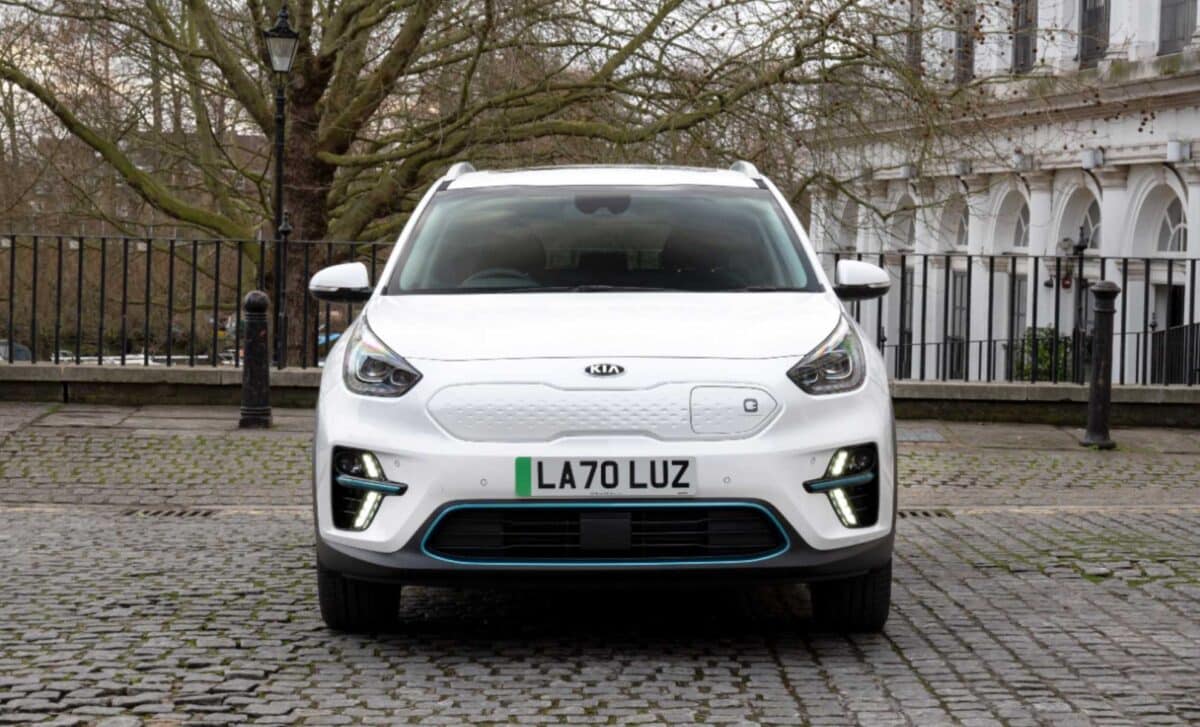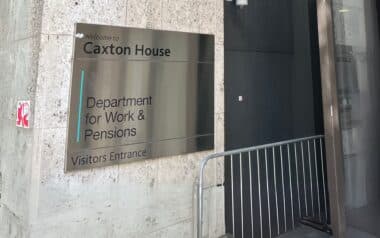Drivers in the UK are not very enthusiastic about the electric vehicle (EV) transition, despite government incentives and mandates. Public mood is dominated by worries about the prices and the lack of suitable infrastructure. The country confronts major obstacles in reaching its net-zero goals as the 2035 ban on new gasoline and diesel vehicles draws near.
The UK government’s commitment to lowering carbon emissions is demonstrated by its goal to phase out vehicles that run on fossil fuels by 2035. But according to a recent survey, 90% of drivers are not prepared to make the changeover to electric vehicles because of the high costs and inadequate charging infrastructure. The results have spurred discussion about whether the current course is viable or urgently needs to be changed.
Infrastructure Hurdles and Public Scepticism
Although EVs presently make up just 2.7% of vehicles on UK roads, the government’s Zero Emission Vehicle (ZEV) mandate, a key component of its plan, calls for 28% of new car sales to be electric by the end of this year. This striking disparity highlights the difficulties of expanding adoption in the limited amount of time.
The absence of public charging stations is one of the main obstacles mentioned by drivers, especially in remote areas. Quotezone CEO Greg Wilson observes: “We’re only ten years away from the proposed ban on new petrol and diesel vehicles but it seems here in the UK we have a long way to go, both in improving the infrastructure and motorists enthusiasm for electric vehicles.” Despite its commitment to provide 300,000 public charging stations by 2030, the government has not made enough headway to meet the rising demand.
Efforts to encourage adoption, such as grants for home chargers and subsidies, have also fallen short of winning over the public. Many drivers, particularly those in low-income brackets, argue that EVs remain inaccessible despite these measures. As it stands, 57% of surveyed drivers have no plans to go electric, reflecting deep-rooted scepticism about affordability and convenience.
Labour’s Concerns and the Net Zero Challenge
The Labour Party has raised alarms over the implications of public reluctance for the UK’s broader net zero objectives. With only a decade remaining before the petrol and diesel ban, failure to address EV adoption could derail progress on climate targets. Labour’s calls for stronger support for automotive innovation and public infrastructure echo the sentiments of industry experts.
While the government has made strides, including a 38% increase in charging points in the past year, critics argue that this progress is too slow to meet 2035 goals. Additionally, many drivers believe more generous incentives are necessary, with 54% advocating for enhanced grants and tax benefits to ease the transition. Labour’s concern is clear: without decisive action, the ambitious EV rollout risks becoming a logistical and political liability.
As the deadline looms, the UK’s path to widespread EV adoption hinges on resolving these infrastructure and affordability challenges. Without significant intervention, the road to 2035 will be fraught with obstacles.









